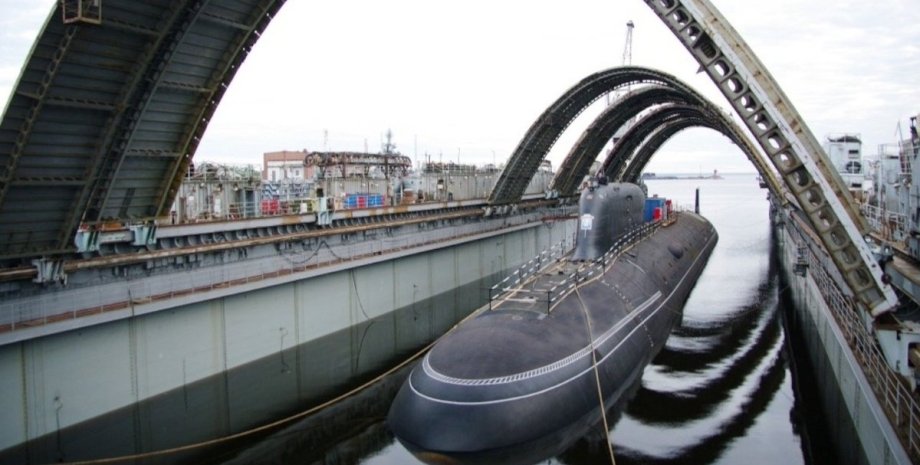
The military specialist believes that the safety of almost 1 billion people in European and North American countries, whose life depends on surface and submarine infrastructure, including wind power plants, pipelines, power and telecommunication cables, etc. is under threat today. Mletter stressed that after possible sabotage on gas and pipelines by Russia and NATO opponents, the entire underwater network of cables and pipes, which depend on energy supply and communication .
"We know that the Russians have developed many hybrid wars underwater to undermine the European economy with the help of cables, online cables and pipelines. All our marine economy is threatened," he stressed. Similar comments from the high military ranks of the North Atlantic Alliance appeared after two major incidents that have occurred in the Baltic Sea over the last 18 months.
Initially, in September 2022, the Nord Stream-1 and North Stream-2 gas pipelines were damaged, and then in October 2023-the BalticConnector Pipeline. At the same time, Mletter emphasizes that, despite the considerable efforts of experts, they could not determine who and when he did it. Viceadmiral emphasized that the company responsible for the work of these networks did not even assume that the "underwater hybrid war" would develop so quickly. "More than 90% of the Internet is underwater.
All our communication channels between the US, Canada and Europe are underwater, so there are many vulnerability," the military stated. At the same time, Mletter stated that MarCom has "more than 100 ships, nuclear and ordinary submarines that patrol water around the continents, including the Arctic, the Black Sea, the Atlantic, the Baltic and the Mediterranean.
" He noted that the Alliance is well aware that the Russians have developed to work underwater on their atomic submarines, and that NATO also work on this issue. However, even with the substantial presence of NATO force, it cannot protect every meter of underwater infrastructure, so, according to Mletter, the responsibility for these objects lies primarily on those states to which they belong. "Many countries - Norway, Sweden, Denmark - have developed drones, sensors, UUV (drones.
NATO is creating a center to ensure underwater security of countries that are part of the block. It will be located in the Marcom headquarters in Northwood, in the northwest of London, and will use software based on artificial intelligence, as well as satellites. This will allow the Alliance to identify and track all suspicious ones that happens in marine and oceanic waters, even when ships are switched off automatic identification sensors.
"We use all our sensors from the seabed to space, especially NATO satellite, to be able to show suspicious activity," Mletter said. According to Viceadmiral, it is definitely important to identify all persons behind hybrid underwater attacks for the military forces of the bloc, but it is difficult as he stressed again.
"If Russians use very arbitrary capabilities - and I cannot go into details, but we talk about submarines and nuclear submarines - it is very, very difficult; very difficult," he explained. The Mletter emphasized the importance of Finland and Sweden's NATO Fleet, which is especially important for protecting the Baltic and Arctic. The experience of these two countries in both regions increases NATO's ability to identify and restrain any regional aggression.










All rights reserved IN-Ukraine.info - 2022